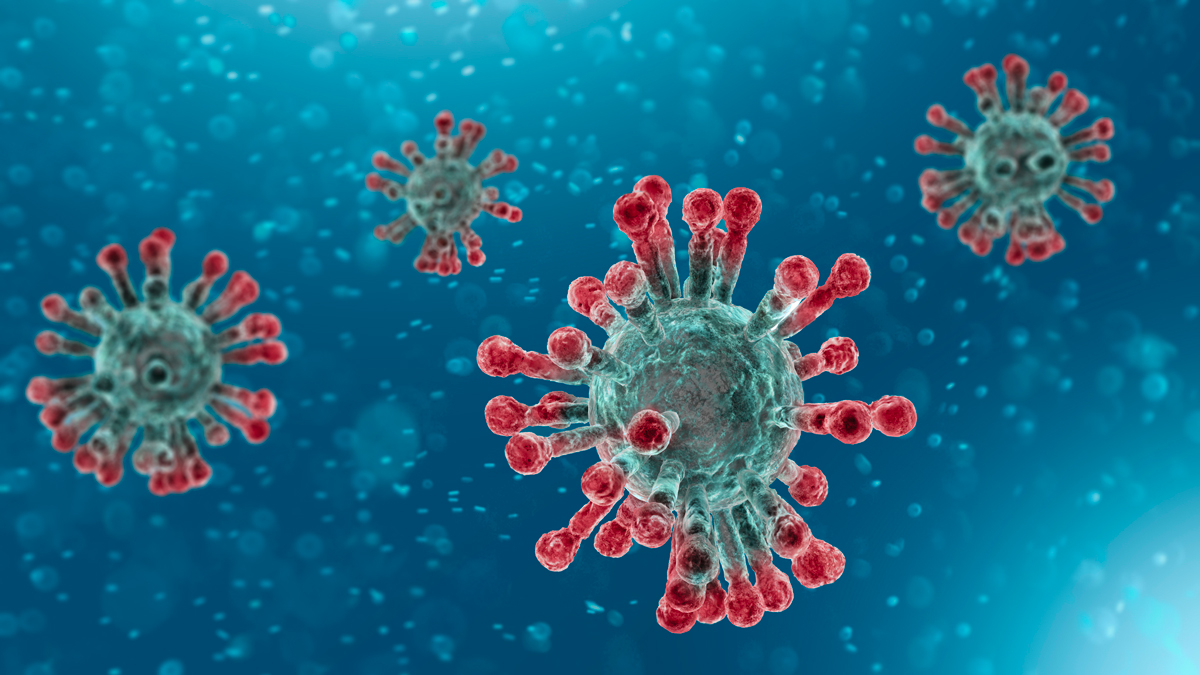Scepticism as Russia claims coronavirus vaccine breakthrough with Sputnik V

Russia has become the first country in the world to approve a coronavirus vaccine, amid scepticism from international experts who have been unable to review or verify clinical data from the jab called 'Sputnik V'.
According to press reports the vaccine has been tested on one of President Vladimir Putin's daughters.
But World Health Organization leaders have said that they want to review the vaccine, called Sputnik V after Russia’s pioneering space probe, as the vaccine took just two and a half months to develop.
Sputnik V is not among the WHO’s list of six vaccines that are in phase 3 development and despite the accelerated trial timelines it is unlikely that one will become widely available until next year.
Russia plans to begin mass vaccinations against the coronavirus in October with the vaccine, which is based on adapted strains of the adenovirus that usually causes the common cold.
According to several press reports the vaccine has been approved before completion of a phase 3 trial, which would give a strong indication of the efficacy and safety in a large cohort of patients.
Putin has vouched for the safety of the vaccine, saying that it led to a one-degree temperature rise in his daughter to 38°C, which subsided after a day.
In cancer, drugs can be approved conditionally on the basis of earlier data, but regulators for COVID-19 outside Russia are requiring data from larger trials for approval.
They are looking for clear evidence that the vaccinations would provide immunity from the coronavirus.
Russia’s vaccine is also veiled in secrecy: the Gamaleya Institute in Moscow has not yet released safety or immunity data from studies for independent scientists to review.
According to the WHO, there are now 28 coronavirus vaccines in clinical development, with one from Oxford University and AstraZeneca top of the list.
This is followed by several vaccines from China, and another from US biotech Moderna.











